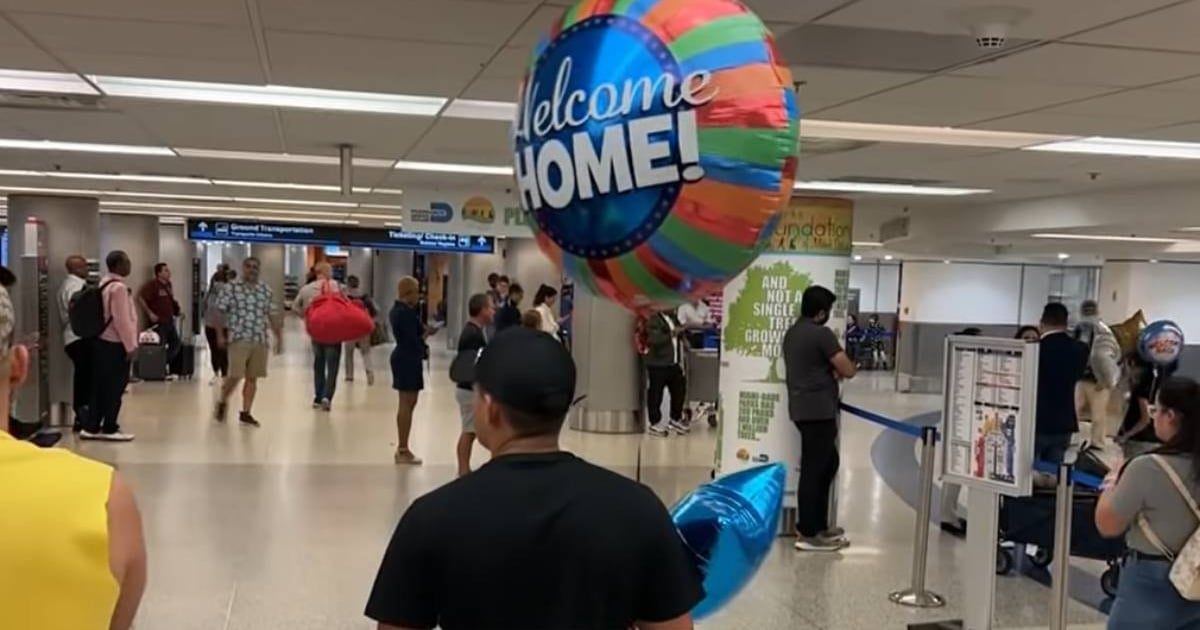The Department of Homeland Security (DHS) has resumed the humanitarian parole program for migrants from Cuba, Haiti, Nicaragua, and Venezuela. However, there are significant changes to the procedures designed to ensure the security and integrity of the application process.
New Security Measures for Sponsors
The DHS has implemented additional safeguards and more rigorous scrutiny of applications from supporters, also known as sponsors, who play a crucial role in this program. These new measures include more in-depth criminal background checks and identity verifications through fingerprinting for sponsors, as well as increased scrutiny and analysis of their financial statuses.
Sponsors who have already submitted applications should monitor their myUSCIS accounts for notifications. They may be required to appear at a Migration Center to complete the biometric process. Any sponsor suspected of involvement in fraudulent activities will be referred for a more thorough investigation. Penalties for lying to the U.S. government in this program can be as severe as 10 years in prison.
If you wish to become a sponsor, be realistic about your capabilities and do not falsify any information, no matter how insignificant it may seem.
Free Access and Fraud Prevention
It is important to note that access to this program is completely free. Neither sponsors nor beneficiaries are required to pay any fee to the U.S. government to file their cases. This clarification aims to prevent scams and exploitation. In July, the U.S. Citizenship and Immigration Services (USCIS) reported several cases of fraud that jeopardized the continuation of the humanitarian parole program.
Detected frauds include the use of social security numbers of deceased individuals, false addresses to avoid providing a real domicile, and the submission of sponsor data without their authorization. Additionally, there have been reports of bribes to expedite the approval process, leading to severe penalties.
Always verify your data. Handle your passwords with care and keep copies of all documentation used, as well as the contact information of anyone assisting you. Do not trust individuals who offer to expedite the paperwork; it could be a scam.
Application Process and Participation
To participate in the program, beneficiaries must meet several requirements, including having a sponsor in the United States willing to provide them with financial support during their stay in the country. Additionally, beneficiaries must pass a rigorous background check and meet other eligibility criteria set by the DHS.
The process begins when the sponsor submits Form I-134A for each beneficiary, including minors. This application is carefully reviewed by the government to ensure that the sponsor can fulfill their financial obligations. If approved, the beneficiary may receive advance travel authorization and a temporary stay permit for up to two years.
Call for Patience
Finally, it is crucial for both sponsors and beneficiaries to understand that the application process has specific timelines that must be respected. Some humanitarian parole applicants, previously denied since January 2023, have recently received unexpected approvals.
Despite the program's resumption, procedures will not be expedited, and all participants must patiently await the development of their applications. Any attempt to accelerate the process through illegal or fraudulent means could result in severe penalties, including the loss of the temporary stay permit or disqualification from entering the United States in the future.
The resumption of the humanitarian parole program under these new security measures is a significant step for those seeking to enter the United States legally and safely. Adhere to the established timelines and procedures if you wish to achieve your goal successfully.
Key Questions About the Humanitarian Parole Program
Here are some frequently asked questions and answers regarding the newly resumed humanitarian parole program, which may help clarify the process and requirements for interested parties.
What are the new security measures for sponsors?
The new security measures include more in-depth criminal background checks, fingerprint identity verifications, and increased scrutiny of sponsors' financial statuses.
Is there a fee to apply for the humanitarian parole program?
No, access to the program is completely free. Neither sponsors nor beneficiaries are required to pay any fee to the U.S. government.
What should I do if I suspect fraud in my application process?
Verify all your data, handle your passwords with care, and keep copies of all documentation. Report any suspicious activities to the appropriate authorities.
What are the penalties for providing false information in the application?
Penalties can be severe, including up to 10 years in prison for lying to the U.S. government.
